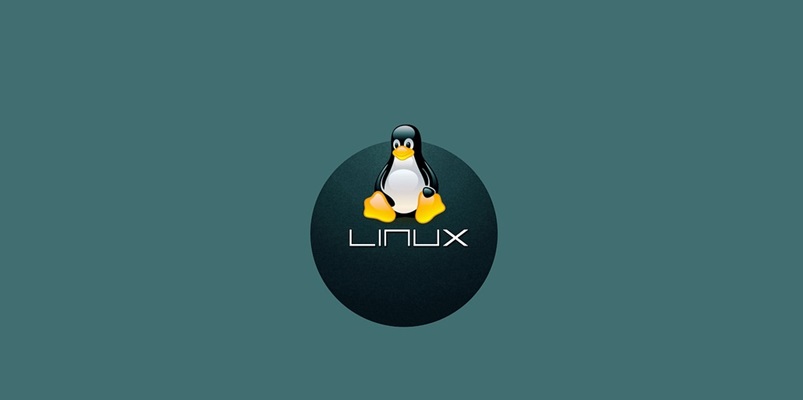The atmosphere in the United States on Election Day is often charged and intensely polarized, with former President Donald Trump and Vice President Kamala Harris epitomizing the sharp political divide. Their conflicting ideologies on pressing issues such as healthcare, climate change, and economic reform keep public debates lively and, at times, contentious. While the nation grapples with political uncertainties and looks to the future for substantial reforms, there is an alternative form of change worth considering—one that transcends politics and ventures into the digital sphere. This article advocates for a shift from the ubiquitous Windows operating system to Linux, offering a fresh perspective on how embracing new technology could bring about meaningful personal freedom and privacy.
Benefits of Linux Over Windows
For many years, Windows has been the go-to operating system for personal computers, establishing itself as the default choice among most users. However, this dominance often comes at a cost, including the intrusion of frequent and sometimes unnecessary updates, as well as the inclusion of bloatware—excessive pre-installed software that users may not need or want. Linux, on the other hand, presents a compelling alternative. Being a free and open-source kernel, Linux offers users unparalleled freedom, a crucial factor for those who value control over their digital experiences. It also emphasizes privacy, avoiding the data logging practices that have become all too common in many proprietary operating systems.
Modern Linux distributions such as Ubuntu, Mint, and Fedora have evolved to become user-friendly, with straightforward installation processes that make the transition from Windows remarkably less intimidating. These distributions are designed to be intuitive, often requiring less computing power, and operate seamlessly without the superfluous software found in Windows. Besides, Linux’s software ecosystem is exceptionally rich, offering thousands of free applications capable of performing a wide range of tasks. Whether the need is for office work, digital art creation, or software development, Linux provides robust options that suit various professional and personal needs.
Encouraging Digital Independence
Gaming enthusiasts have found a welcoming community in the Linux world. Thanks to developments like Steam’s Proton, which allows Windows games to run on Linux systems, the gaming experience on Linux has significantly improved. This advancement removes one of the major obstacles that previously deterred users from considering Linux as an alternative to Windows. With an expanding library of compatible games, Linux now offers gamers the performance they desire without sacrificing playability or privacy.
Switching from a highly commercialized operating system like Windows to Linux involves more than just user convenience. It encompasses our digital autonomy and privacy. In an era where Big Tech often controls and exploits user data for profit, choosing Linux is a stand against surveillance and a step toward greater control over our digital lives. Adopting Linux means immediate personal liberation through an operating system that respects privacy and offers customizability.
The dialogue about political change on Election Day highlights a broader societal need for significant reform and autonomy. While these changes are crucial, transitioning to Linux also contributes to this quest for freedom. By making the switch, users can experience self-governance beyond the voting booth. Embracing Linux supports an open-source ethos and ensures control over digital environments—an aspect of independence achievable today.

